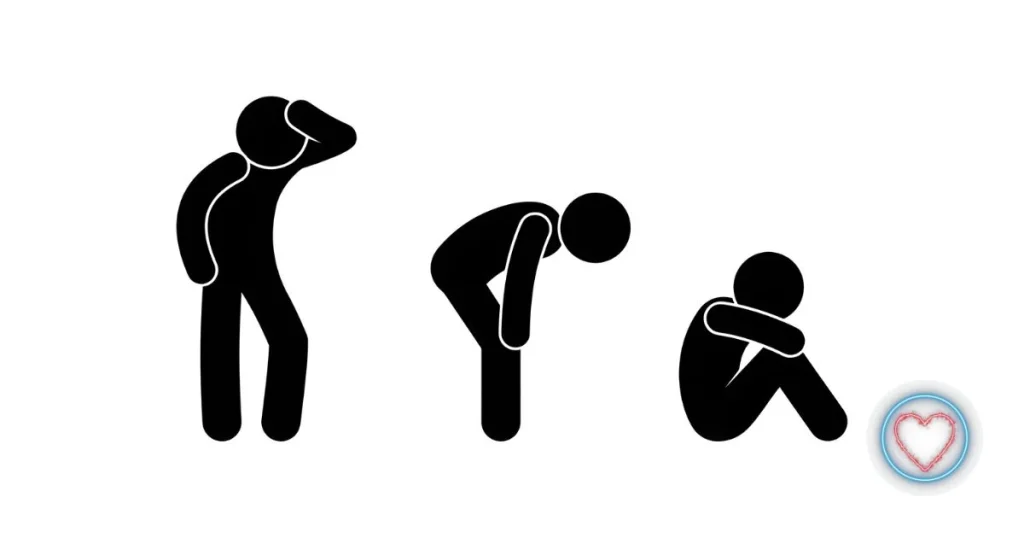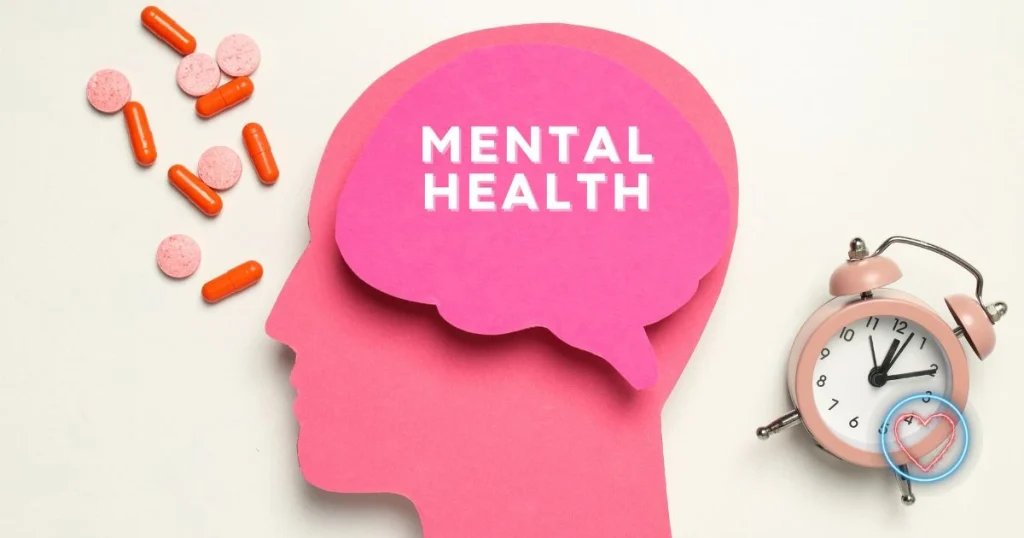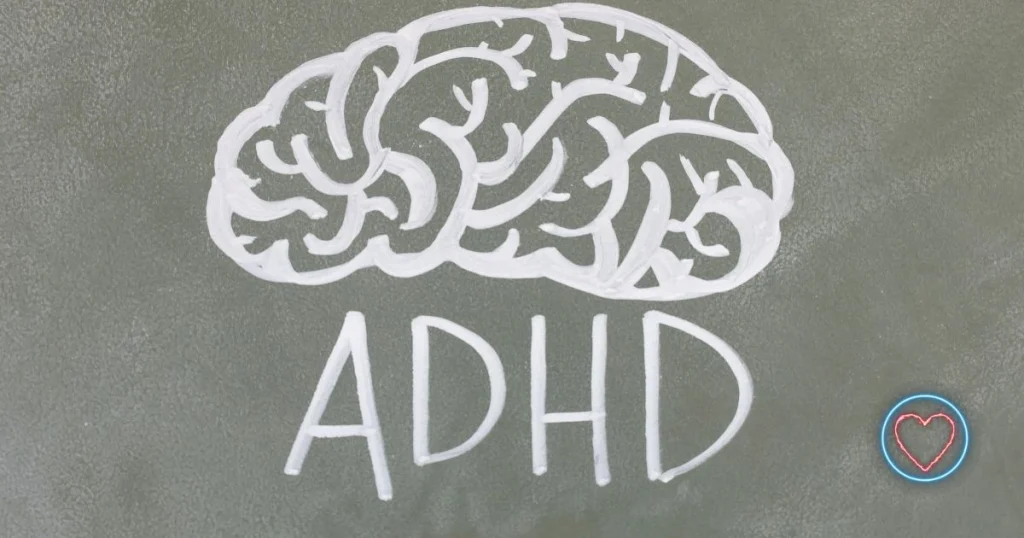When your body is crying out for rest, it often communicates through subtle yet persistent signals. Ignoring these cues can lead to burnout, decreased performance, and long-term health issues. Recognizing these signs is crucial for maintaining physical and mental well-being. Here are ten indicators that your body may be in desperate need of rest:
1. Persistent Fatigue
Feeling tired after a long day is normal, but experiencing constant fatigue, even after adequate sleep, suggests your body isn’t recovering properly. This could be a sign of overtraining or insufficient rest, leading to diminished energy levels and motivation.
2. Declining Performance
If you notice a plateau or decline in your physical performance despite consistent training, it might indicate that your body hasn’t fully recovered from previous workouts. Overtraining can lead to decreased strength, endurance, and overall fitness levels.
3. Sleep Disturbances
Ironically, overexertion can disrupt your sleep patterns. You might find it difficult to fall asleep or experience restless nights, which further hampers your body’s ability to recover and rejuvenate.
4. Mood Swings and Irritability
Chronic physical stress can impact your mental health, leading to mood swings, irritability, and even symptoms of depression. These emotional changes are your body’s way of signaling that it needs a break.
5. Increased Susceptibility to Illness
Overtraining can weaken your immune system, making you more prone to infections and illnesses. If you find yourself falling sick more often, it’s a clear sign that your body requires rest to rebuild its defenses.
6. Persistent Muscle Soreness
While some muscle soreness is expected after exercise, prolonged or excessive soreness indicates that your muscles aren’t recovering adequately. This can lead to injuries if not addressed promptly.
7. Elevated Resting Heart Rate
An unusually high resting heart rate can be a sign of overtraining. Monitoring your heart rate can help you determine if your body is under stress and needs rest.
8. Loss of Appetite
Overexertion can disrupt your body’s hunger signals, leading to a decreased appetite. This lack of nutrition further impedes recovery and can result in weight loss and nutrient deficiencies.
9. Decreased Motivation
A sudden drop in motivation to exercise or engage in activities you once enjoyed can be a psychological response to physical exhaustion. It’s essential to listen to these cues and allow your body time to rest.
10. Digestive Issues
Chronic stress and overtraining can affect your digestive system, leading to issues like bloating, constipation, or diarrhea. These symptoms indicate that your body is under stress and needs recovery time.
Conclusion
Your body has its unique way of signaling when it’s time to slow down and rest. By paying attention to these signs and allowing adequate recovery time, you can prevent burnout, enhance performance, and maintain overall health. Remember, rest is not a luxury—it’s a necessity.




















